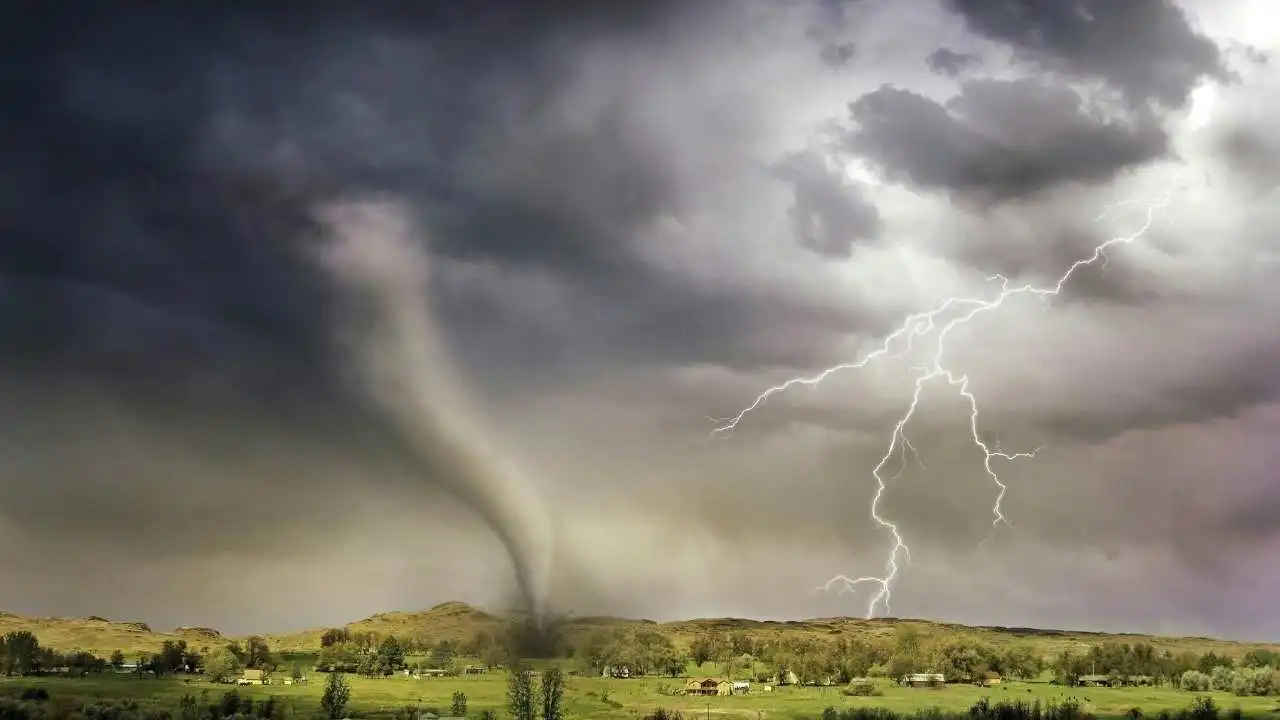Under Trump, U.S. government scientists told they need clearance to meet with Canadian counterparts

Travelling for international meetings or even joining a call with Canadian counterparts has become impossible for some U.S. government scientists since President Donald Trump took office. Canadian ecologist Aaron Fisk recently attempted to set up a virtual call to discuss plans with American colleagues, including a government scientist, around sampling fish. However, they were denied access, which has had deep impacts on cross-border collaborations, especially in areas like the Great Lakes where aquatic life straddles both sides of the border.
Funding freezes have further complicated matters, drastically altering the way science works in North America. Fisk, who is the Canada Research Chair in Changing Great Lakes Ecosystems at the University of Windsor, receives funding from the U.S. National Oceanic and Atmospheric Administration (NOAA) for his work. With over $700,000 US frozen in U.S. research funds, two of his Great Lakes research projects are currently on hold, impacting studies related to fish movement and climate change effects on Lake Erie.
Internal NOAA emails obtained by CBC News reveal directives to NOAA employees to seek senior approval on all upcoming international engagements until March 2024. This includes restrictions on NOAA-funded international travel, travel within the U.S. for international meetings, and even virtual meetings on international topics. The broad scope of these restrictions, covering areas like climate, energy, ocean mapping, and Arctic security, has raised concerns about scientific isolationism.
Despite NOAA’s mission to work with partners around the world, the recent changes have disrupted longstanding collaborations between U.S. and Canadian scientists. Many fear the negative implications for global research communities if the U.S. continues down this path. Reports of potential mass layoffs at NOAA have further fueled anxiety among federal scientists, leading to cautious communication with international colleagues.
The Canadian federal government has not received official notice of any changes to its collaboration with NOAA. Environment and Climate Change Canada (ECCC) emphasized the longstanding partnership with U.S. counterparts on various fronts, including Arctic waters and the Great Lakes. While some see potential benefits for Canada in attracting talent from the U.S., others like former NOAA official Andrew Rosenberg express anger and frustration over the dismantling of vital scientific institutions.
As the situation unfolds, concerns about the impact on global scientific progress persist. The uncertainty surrounding U.S. scientific institutions poses challenges for cross-border research efforts and collaboration. While some see a silver lining in potential talent migration to Canada, the overall sentiment remains one of apprehension and disappointment over the erosion of scientific partnerships and progress.




